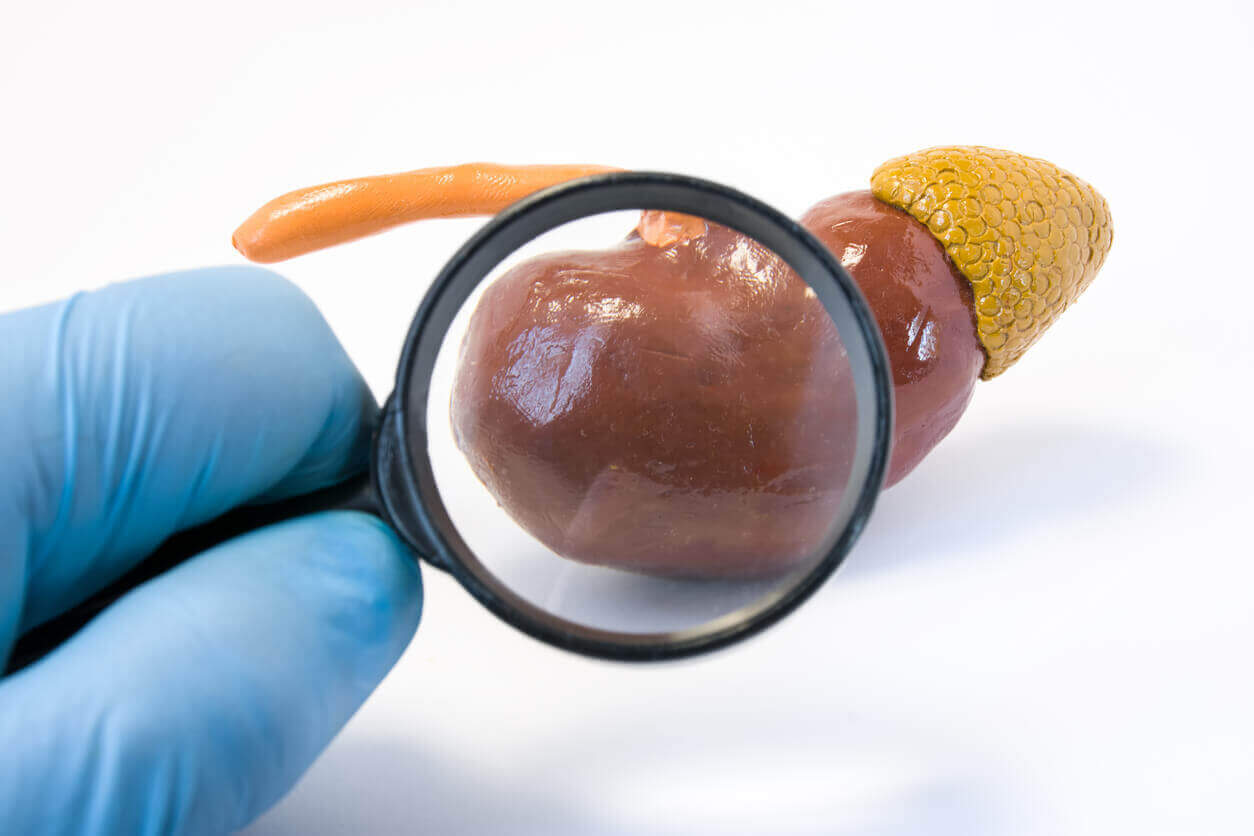Kidney disease and failure is a very serious issue and, when caught late, can be potentially untreatable. Knowing how to check if your kidneys are healthy and how to maintain their optimal health is an important piece of your collective healthcare. Find out how you can check to see if your kidneys are healthy and discover what habits will benefit your kidneys when you read through this full guide from Dr. Gura! Contact your kidney specialist in Los Angeles to schedule a consultation appointment and get a full workup on your kidneys today!
Checking for Kidney Health
Kidneys are bean-shaped organs that sit in the middle of your back and to the sides of your spine. They are responsible for the blood filtration of your body and regulate the number of beneficial particles that are taken from your blood, and what harmful substances should be flushed out. Your kidneys also produce some kinds of hormones that help with blood pressure control and can create red blood cells. People are usually born with two kidneys, but we can all live with just one if we need to. Kidney transplants are among the more common types of transplant procedures because of the ability to adapt with just one, however, for the most optimal filtration, two kidneys are preferable. To protect your kidneys throughout your life, it’s important to know what habits both positively and negatively affect your health, and what the best numbers are to have when you decide to get tested for kidney damage.
When testing for kidney damage, your doctor will administer a urine test and a blood test to get a good variety of answers. For the urine test, your sample will be tested to see how much protein, if any, is not being filtered out of your system. The protein is called albumin, and it is a very small, easily missed particle that is commonly left unfiltered when you have kidney damage. The severity of the kidney damage is determined depending on how much of this protein variety is found in the urine sample. For the blood test, your sample will be used to determine how efficiently your kidneys can filter your blood by checking for the glomerular filtration rate. The average glomerular filtration rate for patients should be above 60 for a healthy prognosis, and if that number falls to 15 or below, the patient is in kidney failure and has likely been experiencing severe symptoms.
Maintaining Kidney Health
Mild kidney damage often does not show kidney disease symptoms and patients can go years without knowing that anything is wrong internally. Thankfully, there are some ways to determine if you are more at risk of developing kidney damage. There are also healthy habits you can instill to prevent against the development of diseased kidneys. To determine if you are more at risk for developing kidney failure, look through your family’s medical history and check for signs of consistent diabetes diagnosis, frequent high blood pressure and heart problems throughout your family. Genetic heart problems put patients more at risk for kidney disease and failure but knowing this information could help you stick to routine kidney checkups, and healthy lifestyle habits. Because kidney disease is linked to heart health problems, maintaining a healthy lifestyle is incredibly important for at-risk patients and could be the difference between functional kidneys, and kidney failure. For more information on how to protect against kidney disease, or to speak with a certified physician about your kidney health, schedule your first appointment with Dr. Gura today

